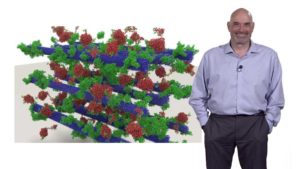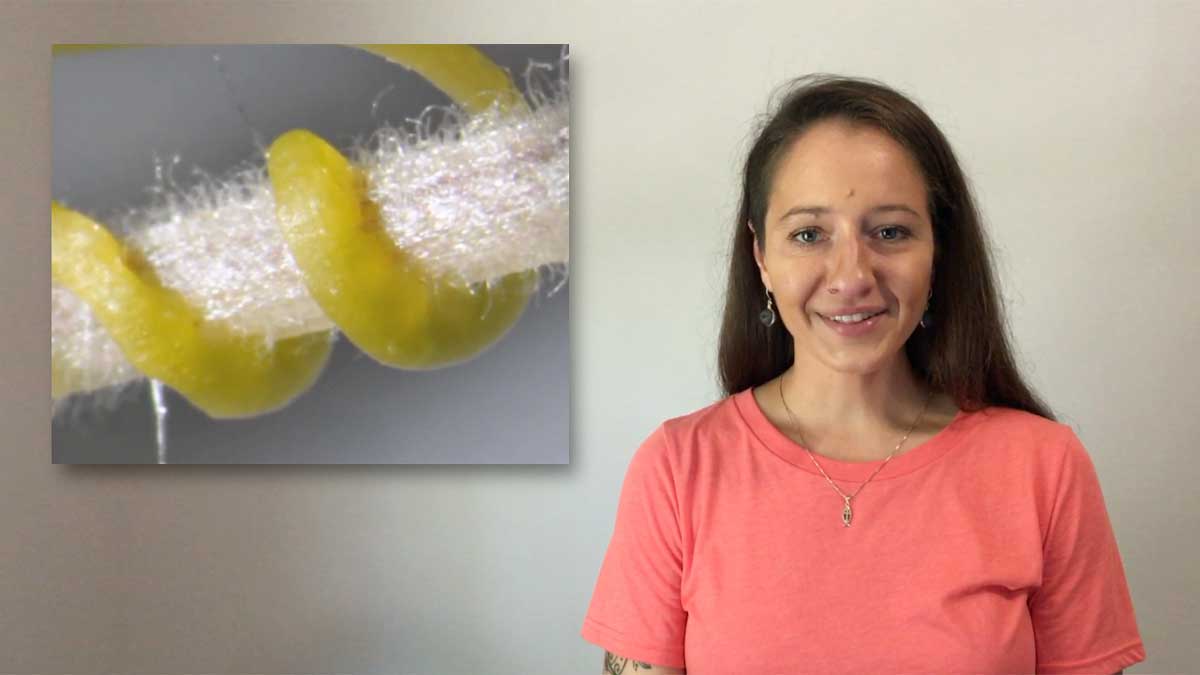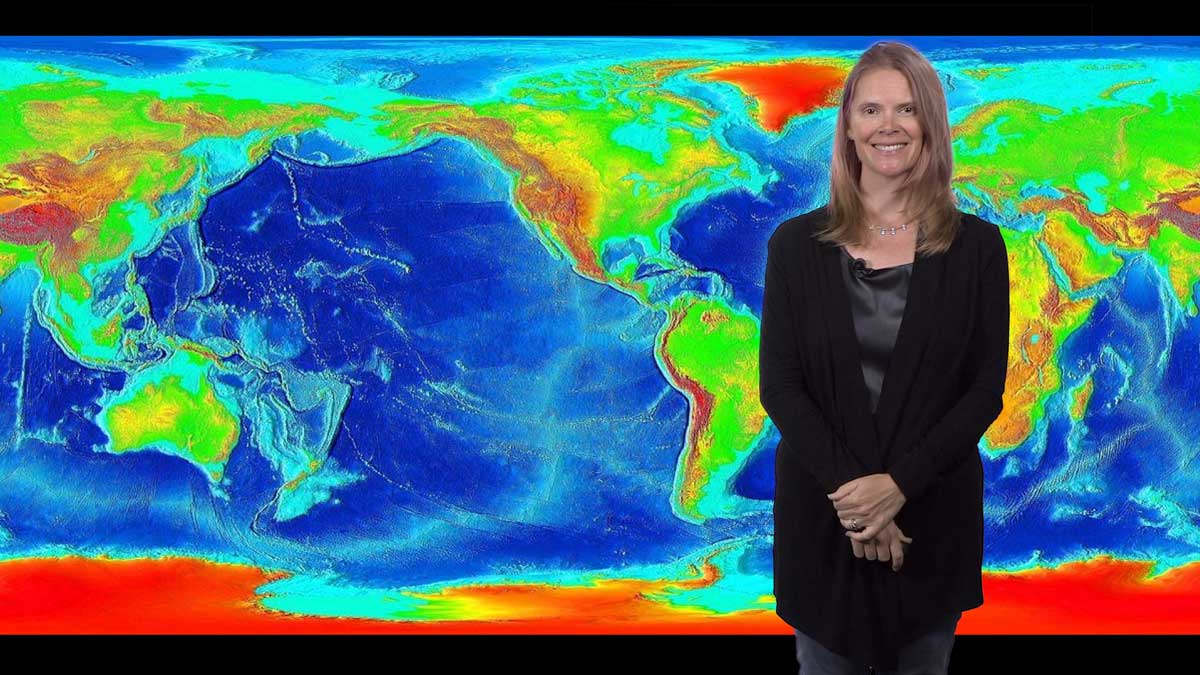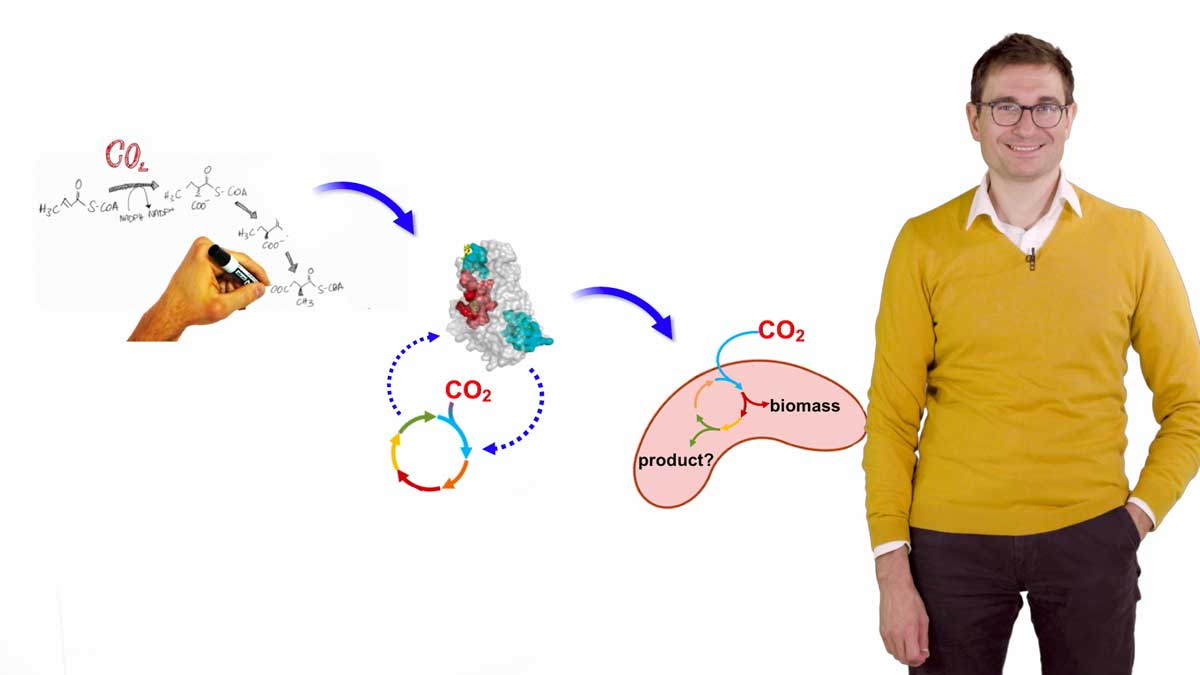Talk Overview
Biofuels have been around for decades, but interest in them has grown considerably in recent years due to climate change. While they have the potential to provide a sustainable and renewable way to power our transportation systems, Dr. Blake Simmons points out that in order to become a viable replacement for fossil fuels, biofuels must also be efficient and affordable at global scales. In his first talk, he provides an overview of the advantages of using biofuels and walks through the biochemical processes required in order to convert biomass into usable fuels. He also discusses the ideal properties for advanced biofuels, the projected markets for these fuels in the coming years, and some of the key challenges associated with optimization of advanced biofuel production.
In his second talk he reviews makeup of the plant cell wall and how hemicellulose, cellulose, and lignin can be broken down for use in aviation biofuel production. He describes the Joint BioEnergy Institute (JBEI) approach to maximize carbon efficiency at every step in the production of biofuels, from developing and feedstocks, deconstructing biomass, and use of microbes and enzymes to generate target intermediates for fuels. A major part of optimizing this process is the development of a one-pot process, in which conversion of biomass to fuel can be achieved in a single chamber.
Speaker Bio
Blake Simmons

Dr. Blake Simmons is the Chief Technology Officer at the Joint BioEnergy Institute (JBEI) and Division Director for Biological Systems and Engineering at Berkeley Lab. He studied chemical engineering at the University of Washington as an undergraduate, and completed his Ph.D. at Tulane University. Dr. Simmons’ work focuses on development of new techniques and optimization… Continue Reading











Leave a Reply